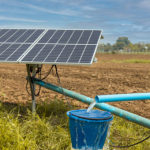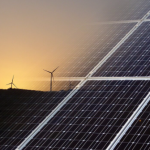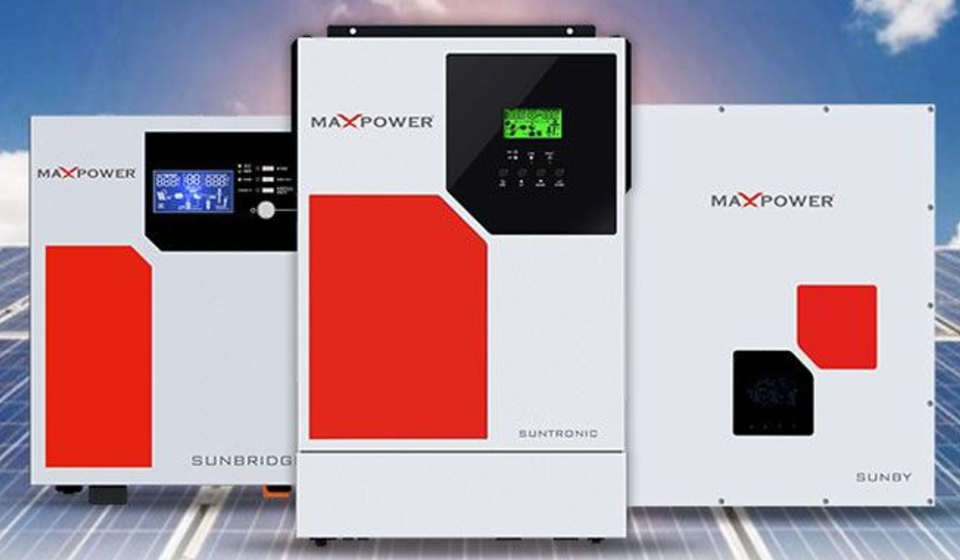
How solar pumping inverters can benefit farmers and landowners?
February 18, 2025
Benefits of Solar Energy in Pakistan: A Future Perspective
February 20, 2025The shift towards solar energy is gaining momentum across Pakistan, with households and businesses increasingly adopting solar panel systems to reduce electricity bills and contribute to environmental sustainability. Before investing, it’s crucial to consider various aspects to select the best setup for your needs. Here’s a comprehensive guide to help you make an informed decision before buying solar panels for home use in Pakistan.
1. Assess Your Energy Needs
Before purchasing any solar panel system, evaluate your household’s energy consumption. Analyze your electricity bills over the past year to understand your average monthly usage. This information will help you decide on the size and capacity of the solar panel system you need. If you plan to install an off-grid solar system, ensure you have enough capacity to meet your energy demands, even during low sunlight.
Tip: Use an Energy Calculator
Many online tools estimate your daily energy consumption based on appliances and usage. This step ensures that the solar panel for the home you choose will meet your energy requirements.
Go through this blog: MaxPower’s Green Horizon: Pioneering Sustainable Solutions with Pakistan
2. Choose the Right Type of Solar Panel
Solar panels come in different types, primarily monocrystalline, polycrystalline, and thin-film. Here’s what you need to know:
- Monocrystalline Panels are known for their high efficiency and long lifespan. They are ideal for smaller rooftops and provide more power per square meter.
- Polycrystalline Panels: Polycrystalline panels are slightly less efficient but more affordable than monocrystalline panels. They are a good choice if you have a larger installation area.
- Thin-Film Panels: Flexible and lightweight but generally less efficient and require more space.
When selecting a solar panel for a home, consider the available roof space, budget, and the panel’s efficiency.
3. Ensure the Structural Integrity of Your Roof
The roof’s structural soundness is essential for a successful solar installation. It should be strong enough to support the weight of the solar panel system and withstand external elements like strong winds and heavy rainfall. Before the installation, consider hiring a structural engineer or a solar expert to evaluate your roof’s durability. If your roof needs repairs or reinforcement, address those issues first.
4. Check the Orientation and Tilt of Your Roof
The orientation and tilt angle of your roof play a significant role in determining the efficiency of your solar panel for your home. In Pakistan, the best direction for solar panels is south-facing, as it ensures maximum sunlight exposure throughout the day. The optimal tilt angle depends on your geographic location and should be adjusted according to the latitude.
Pro Tip: Adjustable Mounts
Adjustable racks and mounts can help optimize the tilt angle for different seasons, maximizing energy output.
5. Understand the Importance of a Solar Inverter
A solar inverter is a crucial component of any solar panel system. It converts the direct current (DC) the solar panels produce into alternating current (AC), which powers your home appliances. When choosing a solar inverter, consider factors like:
- Efficiency: The higher the efficiency, the better the performance.
- Type: String inverters, micro-inverters, and hybrid inverters have unique benefits. When combining solar energy with a solar battery, a hybrid solar inverter is often recommended for backup storage.
- Warranty: A good-quality solar inverter should have a warranty period of at least 5 to 10 years.
6. Decide on Grid-Tied, Off-Grid, or Hybrid Systems
Understanding the type of solar panel system you need is vital. Here are the primary options:
- Grid-Tied Systems: These are connected to the local power grid and do not include a solar battery for energy storage. They are cost-effective and allow you to feed excess power back into the grid for compensation.
- Off-grid solar Systems are ideal for areas with unreliable or no grid connectivity. They require solar batteries to store energy at night or on cloudy days.
- Hybrid Systems: Combine the benefits of grid-tied and off-grid solar system setups, allowing you to store excess energy in a solar battery while staying connected to the grid for additional backup.
Each system type has pros and cons, so choose the one that best suits your energy needs, budget, and backup power preferences.
7. Consider Solar Battery Storage
Investing in a solar battery is essential when choosing an off-grid or hybrid solar system. It provides energy storage for times when sunlight is not available. Here are some points to consider when choosing a solar battery:
- Capacity and Power: Ensure the battery can store enough energy to meet your needs.
- Battery Type: Lithium-ion batteries are popular due to their high efficiency and long life, whereas lead-acid batteries are more budget-friendly but require more maintenance.
- Warranty and Lifespan: Opt for a solar battery that offers a longer warranty period for reliability.
8. Check for Certifications and Quality Standards
When purchasing solar panels for your home, ensure they comply with international and local quality standards. Look for certifications such as:
- IEC 61215: For panel durability and performance.
- IEC 61730: For panel safety.
- UL: For overall safety certification in electrical appliances.
Quality components may have a higher initial cost but offer better performance and longevity, providing a greater return on investment over time.
9. Factor in the Maintenance Costs
Routine maintenance is essential to keep your solar panel system operating at peak performance. Dust, debris, and bird droppings can accumulate on the panels, reducing efficiency. While solar panels require minimal maintenance, regular cleaning and periodic checks of wiring and connections are advisable. Maintenance services can be done by professional solar service providers or DIY with appropriate cleaning tools.
10. Inquire About Warranties and Support
Always ask for warranties on solar panels, solar inverters, and solar batteries. A warranty period reflects the manufacturer’s confidence in their product. The longer the warranty, the more secure your investment will be. Also, choose a provider offering customer support and after-sales service to help with technical issues or system optimization.
11. Check Solar Incentives and Financing Options
Before finalizing your purchase, check for available solar incentives, subsidies, or financing plans offered by the government or financial institutions. These can significantly reduce the upfront cost of your solar panel system and make the transition to solar energy more affordable.
Financing Options
Many banks and solar companies in Pakistan offer flexible financing plans, including installment options and leasing arrangements. These options help you spread the cost of your solar installation over a longer period.
12. Choose a Reputable Solar Installer
Finally, select a trusted and experienced solar installation company. Your system’s success largely depends on the installation’s quality solar panel system depends on the quality of installation. A reputable installer will:
- Conduct a thorough site assessment.
- Recommend the best components, including solar inverter and solar battery options.
- Handle all necessary permits and approvals.
- Provide post-installation support and maintenance services.
Why Max Power?
Choosing Max Power ensures professional installation and access to your home’s high-quality solar panels, inverters, and batteries. With years of expertise in solar solutions, Max Power guarantees a smooth and reliable transition to solar energy. When switching to solar, it’s essential to consider your energy needs, roof condition, solar inverter type, battery storage, and maintenance costs. Proper planning allows you to enjoy clean, renewable energy for years.
Contact Max Power today for expert installation and tailored solar solutions that meet your energy needs.




